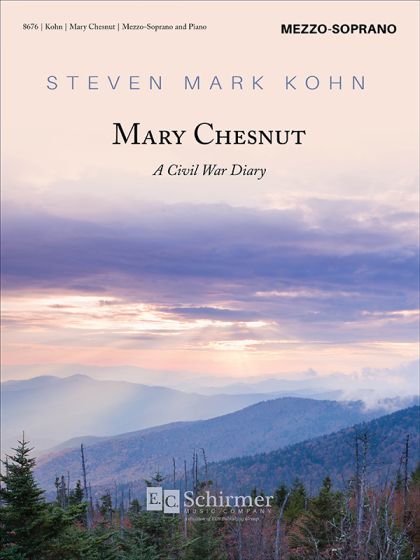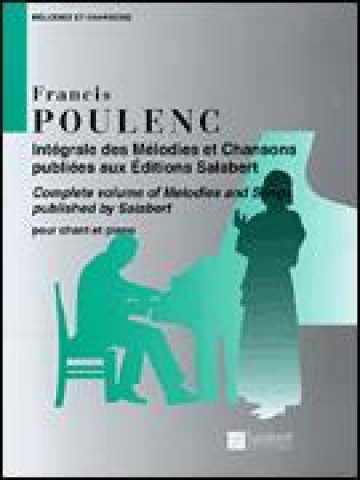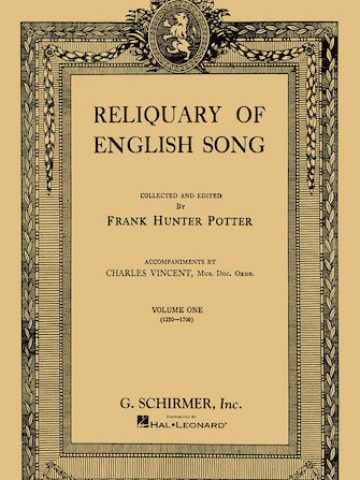Description
Mezzo-Soprano
Mary Chesnut (1823–1886) was the wife of confederate Colonel James Chesnut. They owned a plantation near Camden, South Carolina, during the mid-to-late nineteenth century. They also owned many slaves, both field hands and household servants. They moved in privileged social circles, dining with politicians, judges, and ranking military leaders. Mary was a well-read, educated, and articulate southern woman. The words, emotions, and events that follow were diligently entered into her diary, creating an impressive chronicle of the times. No attempt was made to alter her views. Nor was any attempt made by the composer to make a political point or take a position on any issue. This story is Mary Chesnut’s, and it is from her singular point of view from which the drama springs. Some of her opinions and attitudes were very much of-the-day, and may offend current sensibilities. While slavery plays a critical role in the events contained herein, I have decided not to lean too heavily on it (that is another piece), focusing more on how the war impacted Mary’s personal life.
A Diary from Dixie was originally published in 1905, edited by Isabella D. Martin and Myrta Lockett Avary. While there are other collections of Mary Chesnut’s writing available, this libretto was derived principally from A Diary from Dixie. -Steven Mark Kohn, 2012





Reviews
There are no reviews yet.